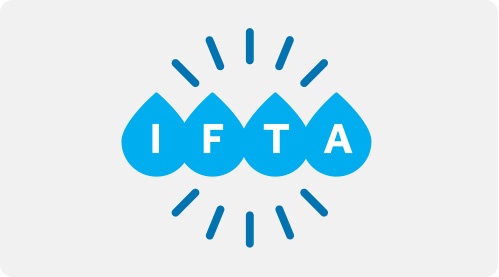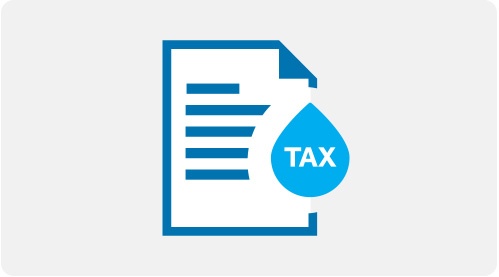When truckers buy fuel they pay a fuel tax at the pump. Because trucking companies send trucks across multiple jurisdictions, each state wants its piece of the tax. But what is IFTA exactly, and what do trucking companies need to do to be in compliance?
Remember that by utilizing Roadvision LTL trucking software you can cut down a lot if inefficient paperwork and streamline your IFTA processes.

What is IFTA?
- The International Fuel Tax Agreement
- A tax collection agreement by and among the 48 contiguous States and the 10 Canadian Provinces bordering the US
- Uniform administration of motor fuels use taxation laws with respect to qualified motor vehicles operated in more than one member jurisdiction

IFTA’s Core Principals
- Base Jurisdiction
- Retention of Sovereign Authority to determine tax rates, exemptions and exercise other substantive tax authority
- Uniform Definition of Qualified Motor Vehicle

Where Is The Base Jurisdiction?
- Where qualified motor vehicles are registered (IRP)
- Where operational control and operational records are maintained or can be made available
- Where some travel is accrued

What Is The Tax Collected Through IFTA?
- Motor fuel use taxes that are imposed by each jurisdiction on the consumption of motor fuel in qualified motor vehicles

What Are The Qualified Motor Vehicles?
- Motor vehicle used, designed or maintained for the transportation of persons or property and
- Gross vehicle or registered gross vehicle weight over 26,000 lbs
- Three-axles regardless of weight
- Used in combination when the weight of the combination exceeds 26,000 lbs

Who May License?
- Any person based in a member jurisdiction operating a qualified motor vehicle in two or more member jurisdictions

What Are The Benefits to the Licensee?
- One license and one set of decals for each qualified motor vehicle to operate through all member jurisdictions
- One tax return filed each quarter with the base jurisdiction
- One tax payment or refund
- One audit by the base jurisdiction
- Reduced administrative costs

What Are The Benefits to the Jurisdiction?
- Fewer taxpayers
- Lower administrative costs
- Increased audit coverage
- Increased enforcement




Comments are closed.